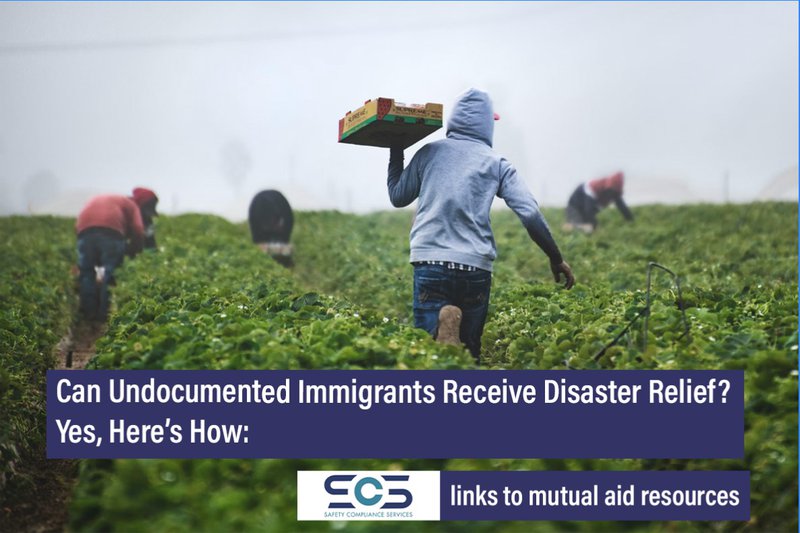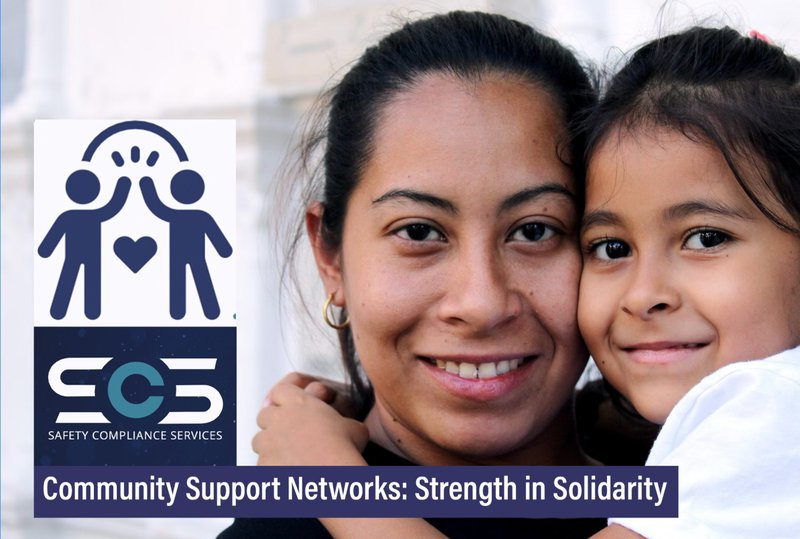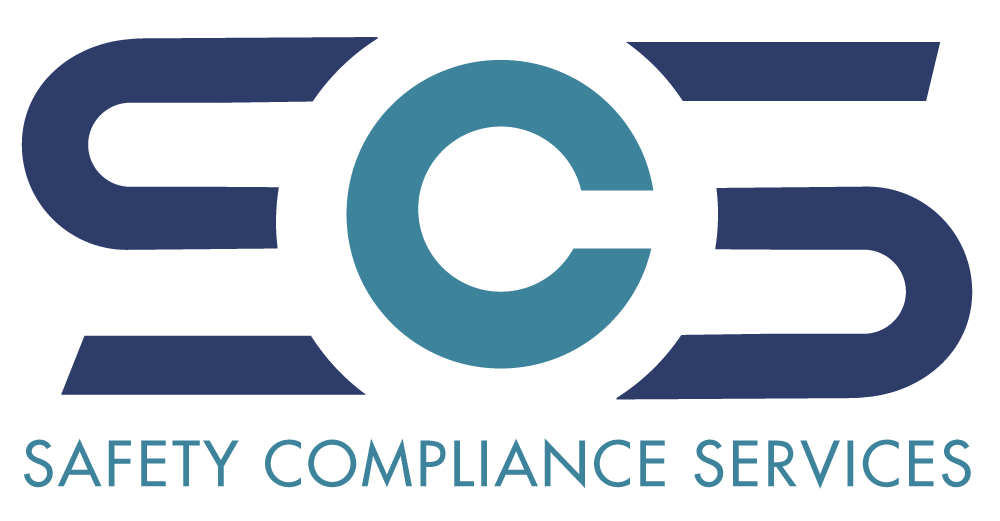
When disaster strikes, community matters. The Los Angeles fires have disrupted lives, but they have also shown how deeply people care for one another. Among those affected are undocumented immigrants, who often face additional barriers when seeking relief. Even if federal government aid has limitations, California and local nonprofit organizations provide critical support to ensure that affected individuals receive the assistance they need.
If you or someone you love needs help, this guide outlines disaster case management, state-funded programs, and direct assistance options for undocumented immigrants. We’re sharing pathways to financial aid, medical care, and essential resources—so you can begin rebuilding with confidence.
Understanding Public Benefits for Non-Citizens in California
California prioritizes inclusivity, providing essential services to everyone, including immigrants, regardless of citizenship status. These programs deliver stability and relief for those facing unexpected challenges. Here are some key programs:
Cash Assistance Program for Immigrants (CAPI)
The Cash Assistance Program for Immigrants (CAPI) provides financial aid to aged, blind, or disabled non-citizens who are ineligible for federal government benefits like Supplemental Security Income (SSI) due to their immigration status. While CAPI primarily serves legal non-citizens, undocumented individuals can use this resource as a model for state-level commitment to supporting vulnerable populations.
An individual may qualify for CAPI if they meet all of the following requirements:
- Non-citizen status: They must meet the immigration criteria for SSI/SSP as of August 21, 1996.
- Age or disability: They must be 65 or older, blind, or disabled.
- SSI/SSP ineligibility due to immigration status: They must have applied for SSI/SSP and received a denial based solely on immigration status or provide other proof of ineligibility from the Social Security Administration.
- California residency: They must live in the state.
- Income limits: Their income must fall below CAPI standards.
- Resource limits: They must have assets below $2,000 for individuals or $3,000 for couples.
Even if CAPI is not an option, other state-funded programs offer crucial support for undocumented immigrants.
Medi-Cal: Emergency Health Coverage
Medi-Cal provides healthcare for low-income residents, including emergency services for undocumented individuals. After a disaster, access to medical care is critical, especially for those exposed to hazardous materials or struggling with injuries.
California continues to expand healthcare access, ensuring that all individuals, regardless of immigration status, can receive urgent medical attention when needed.
CalFresh: Food Assistance for Families
Nutritious meals make all the difference in times of stress and recovery. CalFresh helps ensure families have access to fresh, healthy food. If your household has at least one member with eligible immigration status, you may qualify for food assistance—even if other members are undocumented.

FEMA Assistance: What You Can Access
The Federal Emergency Management Agency (FEMA) plays a key role in disaster recovery, but its direct assistance programs typically require citizenship or legal residency. However, undocumented individuals can still benefit in the following ways:
Individual Assistance Programs
FEMA's Individual Assistance Programs offer financial help and direct services post-disaster. However, these programs generally require applicants to be U.S. citizens or qualified aliens. Despite this limitation, there are ways undocumented immigrants can indirectly benefit:
- Apply Through Household Members – If a child, spouse, or roommate in your household has legal status, they can apply for FEMA money on behalf of the family.
- Receive Non-Cash Support – FEMA offers crisis counseling assistance, disaster legal services, and emergency shelter referrals—all available regardless of immigration status.
- Access Community Grants – Some nonprofit organizations partner with FEMA to distribute relief funds in ways that are more accessible to undocumented communities.
Community Support Networks: Strength in Solidarity
Beyond government programs, local and national nonprofit organizations are dedicated to helping immigrants rebuild.
- Local Nonprofits: Organizations like the Coalition for Humane Immigrant Rights (CHIRLA) and others often mobilize resources specifically aimed at helping undocumented communities.
- Mutual Aid Groups: Grassroots mutual aid networks frequently emerge during disasters offering food, shelter, and financial support without requiring proof of citizenship. Here is an excellent list of resources compiled by Tides.org.
Trusted Organizations Offering Help:
For those seeking more detailed information or immediate assistance:
- California Department of Social Services: Offers comprehensive guides on state benefits available here.
- National Immigration Law Center (NILC): Provides updates on immigrant eligibility for various public benefits here.
- FEMA Disaster Assistance: Detailed information about applying through an eligible household member can be found here.
Many of these organizations also help secure grants and disaster case management services, ensuring no one falls through the cracks. Reaching out is the first step toward stability.
Final Thoughts: You Are Not Alone
Disasters can be disruptive, but they also bring out the best in communities. There are resources, advocates, and neighbors ready to help you regain stability and peace of mind. Whether through state benefits, nonprofit aid, or FEMA assistance, support is available.
At SCS, we believe in creating safe spaces for all people, regardless of immigration status. If you or someone you know needs help, seek out these resources. You deserve safety, security, and support—and we are committed to helping you find it.
